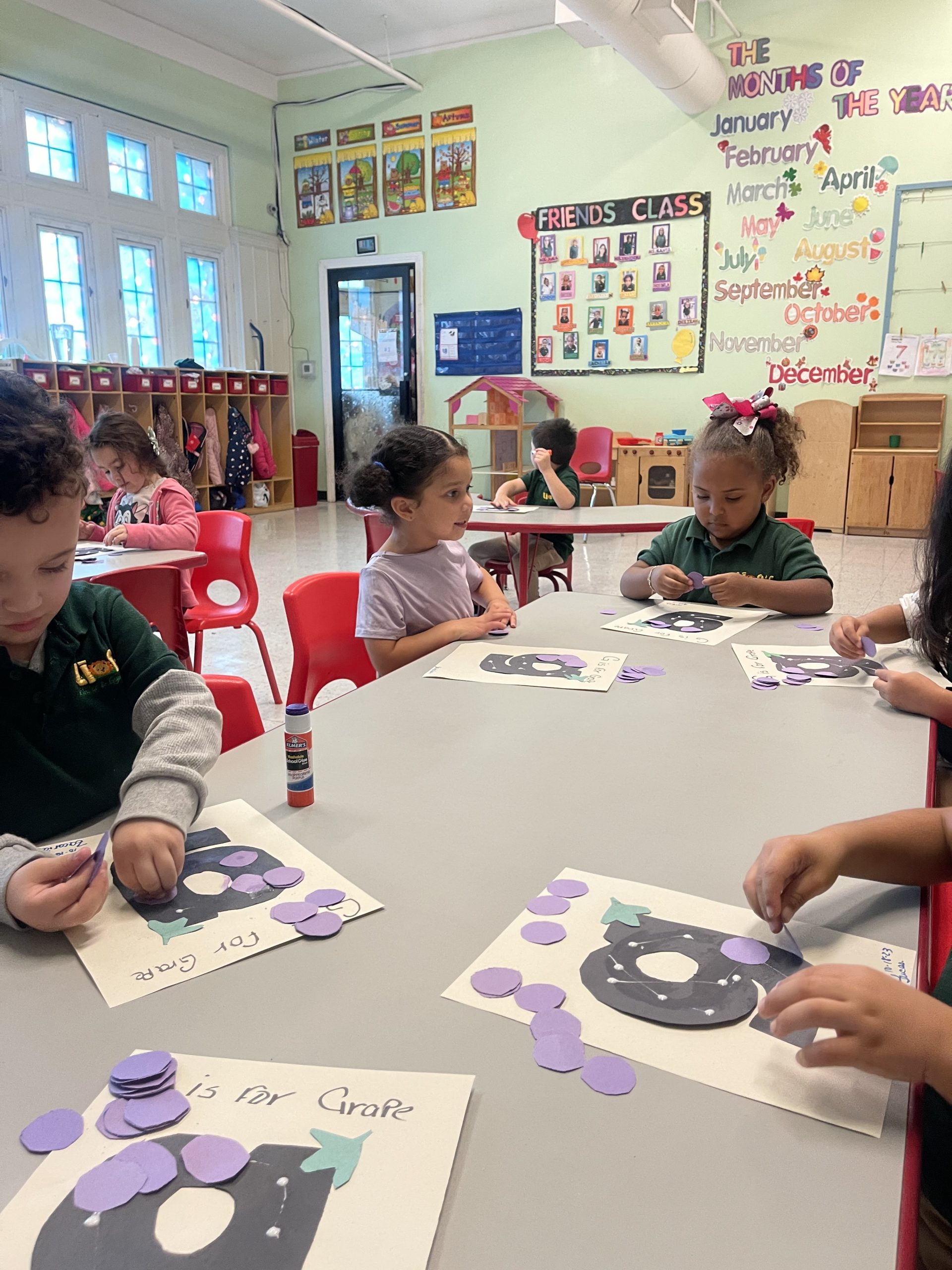Alphabet knowledge pays a crucial role in a child's Preschool.
1. Pre-Reading Skills:
Knowing the alphabet is a fundamental precursor to reading. Children who understand the alphabet can begin associating letters with sounds, laying the groundwork for phonemic awareness, which is crucial for reading comprehension.
2. Language Development
Alphabet knowledge enhances vocabulary and language comprehension. As children learn the letters, they also become familiar with the sounds they represent, expanding their ability to communicate effectively.
3. Writing Skills
Understanding the alphabet helps children recognize and write letters, fostering fine motor skills as they learn to manipulate writing tools.
4. Cognitive Development
Learning the alphabet involves memory, attention, and problem-solving skills. It encourages cognitive development by engaging children in tasks that require memorization and recognition.
5. Prevents Reading Difficulties
Early exposure to the alphabet and its sounds can potentially prevent or mitigate reading difficulties later on, as children have a stronger foundation to build upon.
6. Critical Thinking
Sorting, identifying, and recognizing letters involve critical thinking skills. As children begin associating letters with words and sounds, they develop logical reasoning abilities.
7. Social Skills
Alphabet-related activities often involve interaction and collaboration, fostering social skills as children work together to learn and practice letters.

5 Way Parents Can Help their Child enhance their reading skills:
- Reading aloud to your child regularly is one of the most impactful ways to enhance their reading skills. Choose a variety of books, from picture books to chapter books, depending on their age and interests. Encourage them to participate by asking questions about the story or characters and discussing the book afterward.
- Surround your child with reading materials at home. Have a variety of books, magazines, newspapers, and other age-appropriate reading materials easily accessible. When children see reading as a part of their everyday environment, they are more likely to develop an interest in it.
- Help your child recognize letters and their sounds. Engage in activities that reinforce phonemic awareness, such as playing word games, sounding out words together, or using flashcards. Practice sight words (common words that children should recognize instantly) to improve their reading fluency.
- Explore educational apps, online reading programs, and interactive websites that cater to early reading skills. Some of these resources use engaging activities and games to reinforce letter recognition, phonics, and comprehension skills. However, ensure screen time is monitored and balanced with other activities.
- Encourage your child to not only read but also understand what they're reading. Discuss the story, ask open-ended questions, and encourage them to make predictions or connections between the story and their own experiences. This helps develop critical thinking skills and improves comprehension.
Inn addition to these strategies, it’s essential to foster a positive attitude towards reading. Celebrate your child’s progress, be patient, and make reading enjoyable rather than a chore. Each child learns at their own pace, so providing a supportive and encouraging environment is key to nurturing their reading skills.



